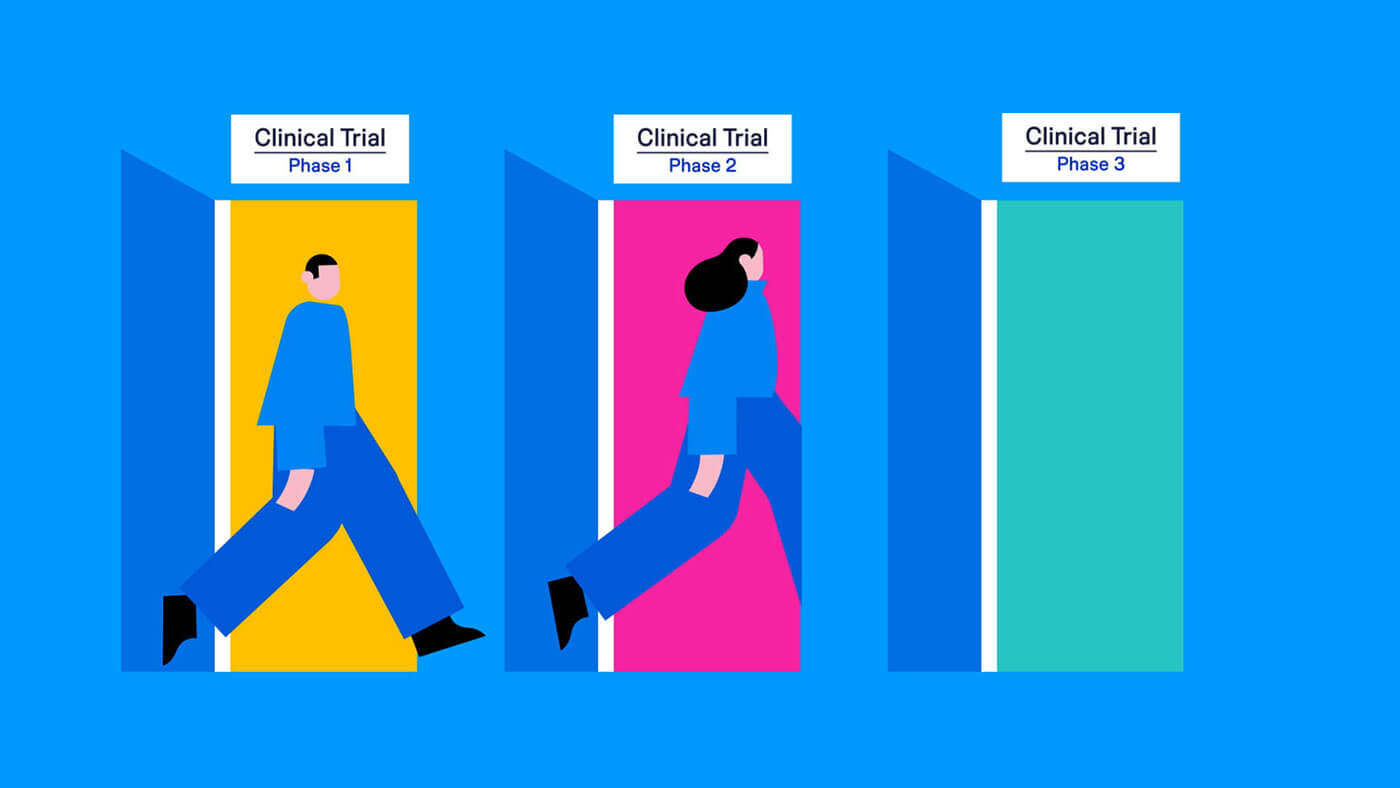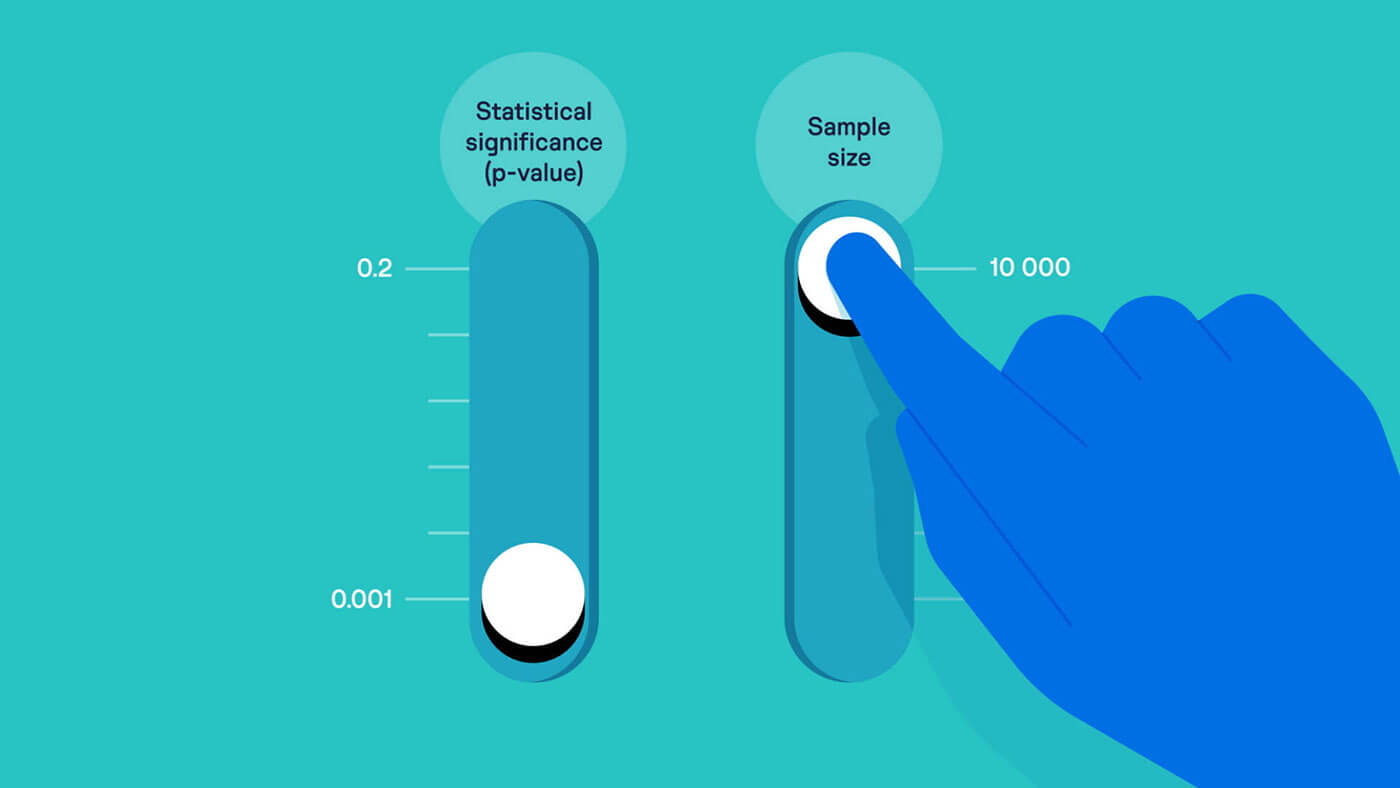How AI can make clinical trials faster, more efficient and more personalised
Artificial intelligence promises a host of improvements to how we treat patients. From discovering new, personalized drugs to diagnosing diseases more quickly and accurately, machine learning promises to help doctors usher in a new era of precision medicine.
One aspect of AI’s potential benefit lies in how we progress potential drug candidates from the laboratory to the medicine cabinet. Drugs are difficult to develop – 80% of cancer therapies fail to meet their phase III endpoints – and it is an expensive and lengthy process, costing an average of between $1 billion and $2 billion and taking an average of over a decade to develop a new drug. Not all disease areas are equal. For cardiovascular disease, the biggest killer globally, it can be up to 100 times more expensive than average to approve a new therapy for clinical use.
But by combining state-of-the-art machine learning techniques with the highest-quality clinical data from hospitals across the world, it is possible to make this process faster, more efficient and more personalized to patients. With recent technological improvements in molecular data generation, there is an opportunity to use cutting-edge machine learning methods to generate meaningful insights from this data.
Today, Owkin announced the first-ever large-scale use of artificial intelligence to improve how the pharmaceutical industry designs and executes clinical trials. Owkin and Bristol Myers Squibb are working closely to design potentially more precise and efficient clinical trials for BMS’ pipeline of cardiovascular drugs, with the potential to expand into other therapeutic areas.

Together, we will use data from our wide network of academic medical centers and AI to enhance both the design and execution of clinical trials. We will optimize endpoint definitions, patient subgroups, and treatment effect estimation with covariate adjustment and external control arms.
By using AI to reduce the noise in trials, this technology can not only speed up trials, but could reduce the number of trials that ultimately fail, reducing costs and saving time. It can be used to avoid having placebo arms in some trials, as well as making trials for rare diseases more efficient. These techniques offer a range of benefits to the trial process, all of which ultimately result in benefits to doctors and patients.
Covariate adjustment
Covariate adjustment is an effective way to increase statistical power in a clinical trial without increasing the sample size. By using real-world data or data from historical clinical trials, we can identify the covariates that are the most prognostic of the outcome of interest of a future clinical trial. Adjusting prognostic covariates leads to more efficient clinical trials and can be used to increase their statistical power. This can prevent costly trial failures and accelerate trials by allowing for a broadening of the trial eligibility criteria, without losing power. By using AI to unlock prognostic signals from underused data modalities, such as histological slides or radiological images, it can allow pharmaceutical companies to access their untapped potential, helping to make trials more efficient and effective.

External control arms
By using AI to create a control arm based on patient-level data from previous clinical trials and real-world datasets as virtual controls, the treatment effect using early phase trials can be better estimated. External control arms can help to accelerate trials by reducing the overall number of trial participants. They can inform trial transition decisions and allow more patients to benefit from novel treatments sooner by allowing pharmaceutical companies to prioritize the most promising drugs.
Both our strategic drug development partnership with BMS and our strategic drug discovery partnership with Sanofi use the same Owkin data platform, the first time one platform has been used to both discover and develop new treatments.
Owkin’s network of leading hospitals means that we have access to the high-quality data required to power these state-of-the-art machine learning approaches. We have equipped 18 leading academic research centers with our federated learning technology, and are part of 8 consortia of leading biopharma and research partners. We work closely with 160 leading KOLs from oncology, cardiology and beyond, blending high-quality data with unparalleled human expertise and insight.





